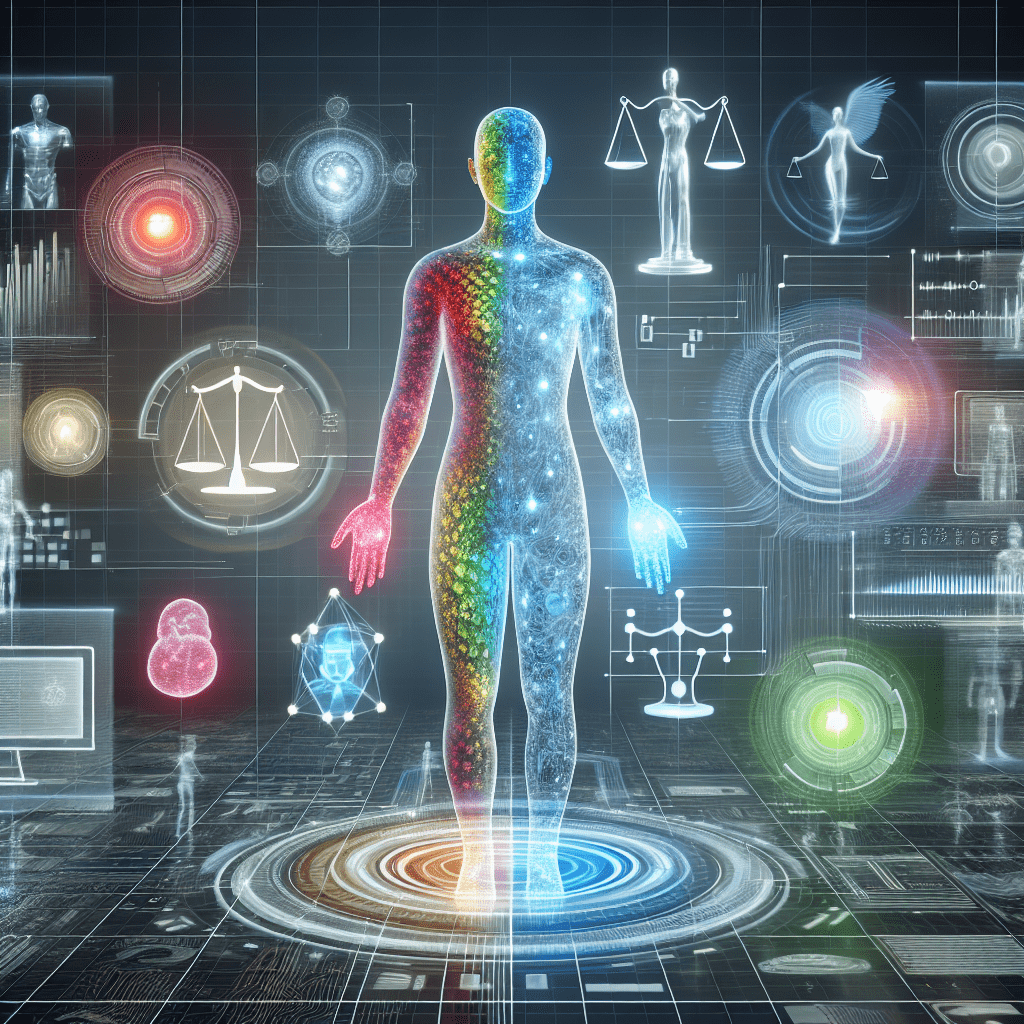Artificial intelligence (AI) has rapidly become a ubiquitous part of our lives, from the algorithms that power our social media feeds to the virtual assistants that answer our questions. While AI has the potential to revolutionize society and improve our quality of life, it also raises complex ethical dilemmas that must be carefully navigated.
One of the most pressing ethical concerns surrounding AI is the impact it has on our job market. As AI technology becomes more advanced, there is a growing fear that it will replace human workers, leading to widespread unemployment and economic instability. This raises the question of how we can ensure that AI benefits society as a whole, rather than exacerbating inequalities and leaving vulnerable populations behind.
Another ethical dilemma posed by AI is the issue of bias and discrimination. AI systems are only as good as the data they are trained on, and if that data is biased or incomplete, the AI system will perpetuate that bias. This can manifest in a variety of ways, from facial recognition software that disproportionately misidentifies people of color to hiring algorithms that inadvertently discriminate against women or minorities. Addressing these issues requires careful oversight and regulation, as well as a commitment to diversity and inclusivity in the development of AI systems.
Additionally, there are concerns about the potential misuse of AI for malicious purposes, such as surveillance, manipulation, or even warfare. As AI technology becomes more sophisticated, the ways in which it can be weaponized also increase. This raises difficult questions about how to balance the benefits of AI with the potential risks, and how to ensure that AI is used ethically and responsibly.
To navigate these ethical dilemmas, it is crucial that we approach AI development with transparency, accountability, and a commitment to ethical principles. This includes ensuring that AI systems are designed and implemented in a way that prioritizes human well-being, that data used to train AI systems is representative and bias-free, and that safeguards are in place to prevent misuse of AI technology.
It is also important to involve a diverse range of voices in the development and oversight of AI technology, including ethicists, policymakers, and representatives from the communities that will be most affected by its use. By working together to address these complex ethical issues, we can harness the potential of AI to create a more just and equitable society for all.


